There are many reasons why people buy home lighting. It can be to make a room look more inviting, or it could be that the current lighting in the room is not adequate enough for what they need. Whatever your reason may be, there are some things you should know before purchasing any type of light fixture so that you will get exactly what you want and avoid wasting money on something that doesn’t suit your needs.
This blog post will discuss 6 important things to keep in mind when buying a new light fixture!
Know The Purpose of Your Lights
The first thing you need to know is the purpose of your lights. You may want a task light for reading, or ambient lighting throughout the room. Knowing what types of lights will be needed in which areas will help determine how much wattage and lumens are necessary.
For example, if you’re buying an under-cabinet kitchen island lamp one factor that influences brightness and type of bulb used in this type of fixture would be its height from the top to the bottom shelf as well as if it’s mounted on a wall or ceiling since these factors all affect illumination levels within a space.
Factor In Natural Light
Try to avoid installing overhead lights in rooms that don’t get a lot of natural light. The abundance of artificial light will diminish the effect of those few rays you might have coming through windows, and it can create an uneven glare on walls or ceilings which is unpleasant for friends over for dinner or family members paying visits at night.
Opt instead for lamps and fixtures that are up off the floor when possible. This placement also means fewer shadows cast by sources like these so kids (or pets) won’t be running into them while playing around.
Consider The Distance Between Your Home And Streetlights
There are two factors to consider when evaluating how close your home is to streetlights. First, there’s the distance between them and second, there’s their intensity. If you live in a rural area where street lights aren’t common or near enough for illumination purposes then this won’t be an issue but if they’re just blocks away and not bright enough then it’s something that needs to be considered before purchasing a light fixture.
The closer the proximity of these sources of light the fewer lumens needed in order to maintain visibility outdoors which can save on energy costs over time as well as keep outdoor spaces looking lit even at night while reducing security concerns like increased crime rates.
The Types
The bulbs that you use in your home can make a big difference. A CFL (compact fluorescent light bulb), for example, uses one-tenth the energy of an incandescent and lasts about 11 times as long. LEDs are another option to consider here because they typically last twice as long and often produce more natural light than other types of lights like halogens. LED lights are an energy-efficient choice.
Colour Temperatures And Brightness Level
Different color temperatures have different effects on people and their environment. The most common types of LED lights are warm white (2700K-3000K), cool white (5000-6000 K), and daylight (6500 K).
A lower number indicates a warmer light, which is more flattering for skin tones and feels cozier; higher numbers indicate cooler lighting that can make colors look brighter or cleaner. When comparing bulbs with the same brightness level, you should choose one that has the lowest wattage to save money on your energy bill.
How Lighting Affects Moods
Light is a powerful way to influence mood and energy levels, so if you’re prone to bouts of depression during winter months, consider using warm light like incandescent light in the bedroom at night.
You may also need special LED lights that change color with time (for example from blue-white in the morning through pink as evening falls) to help regulate your natural sleep cycle.
Each room has its own lighting needs; Hallways typically require brighter styles such as recessed canister or track lighting; bedrooms need softer light to help relax the body and mind, which is why incandescent bulbs or sconces work well.
Lighting can have a major effect on mood, productivity levels, and sleep patterns. The type of lighting you use in your home may not be best for its intended purpose or cause problems with any other parts of the house. This is why it’s important to consider things like what kind of bulb will work best for which room as well as how much natural light you have in your space before making any decisions about new bulbs.

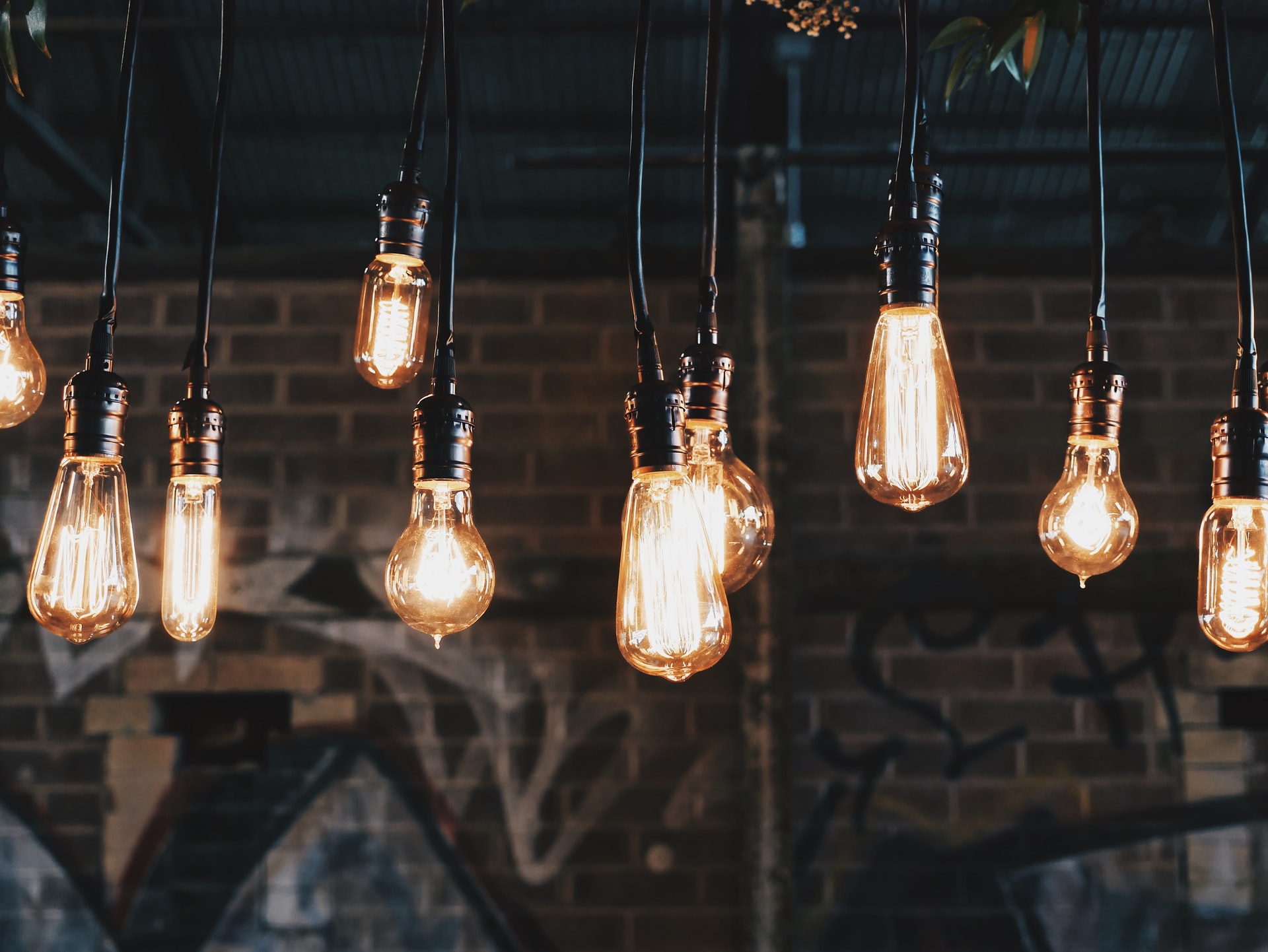
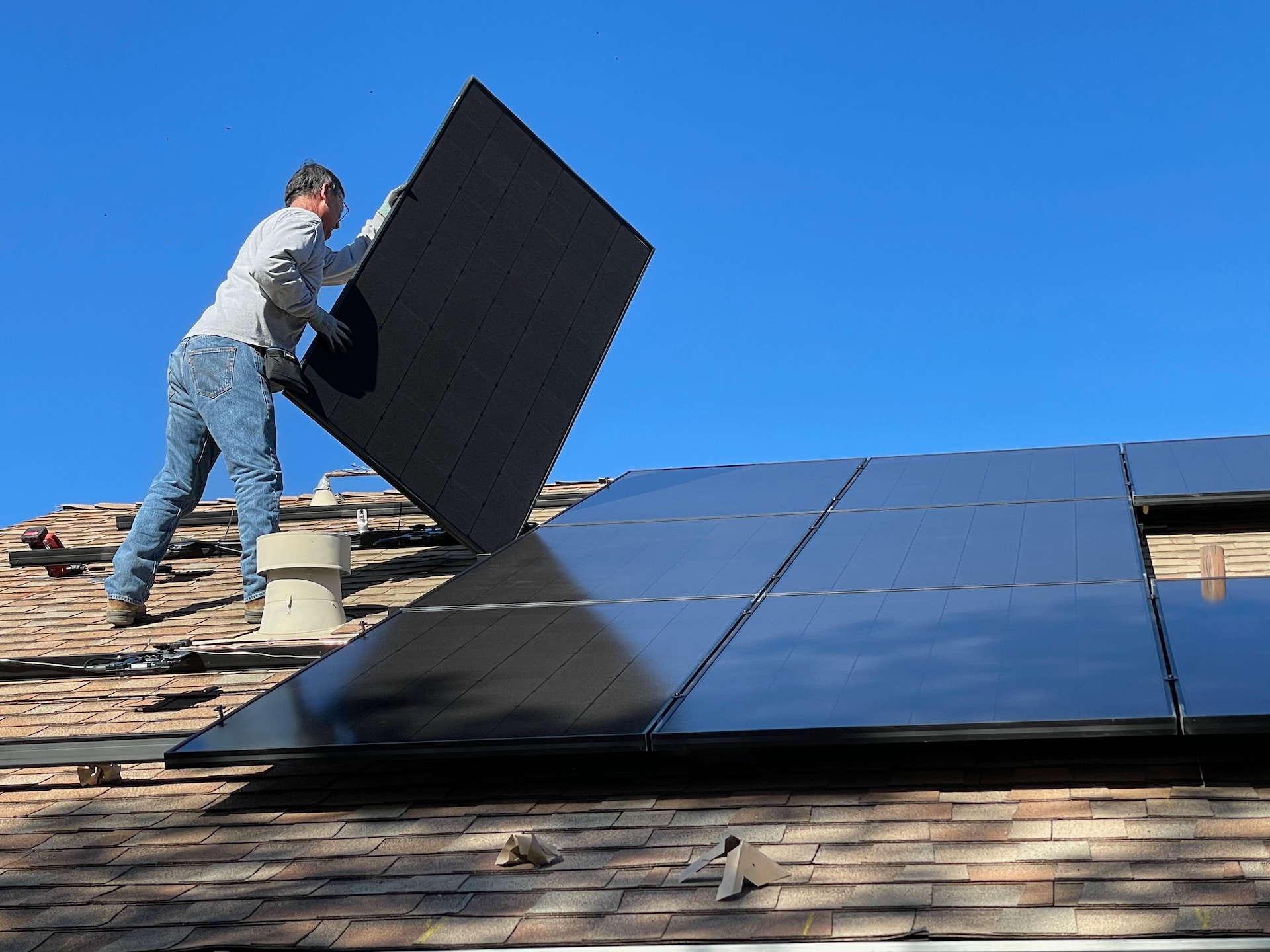
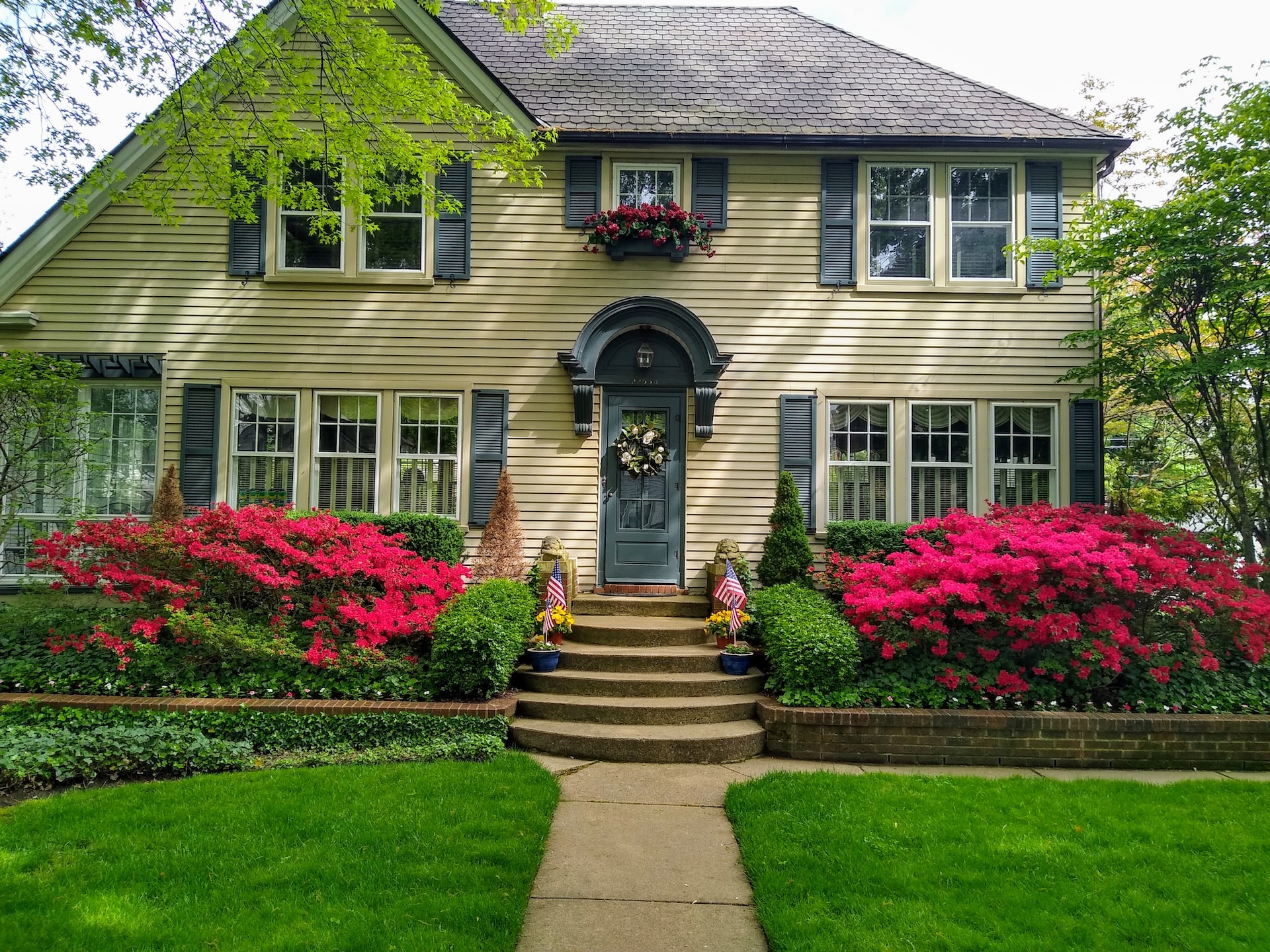
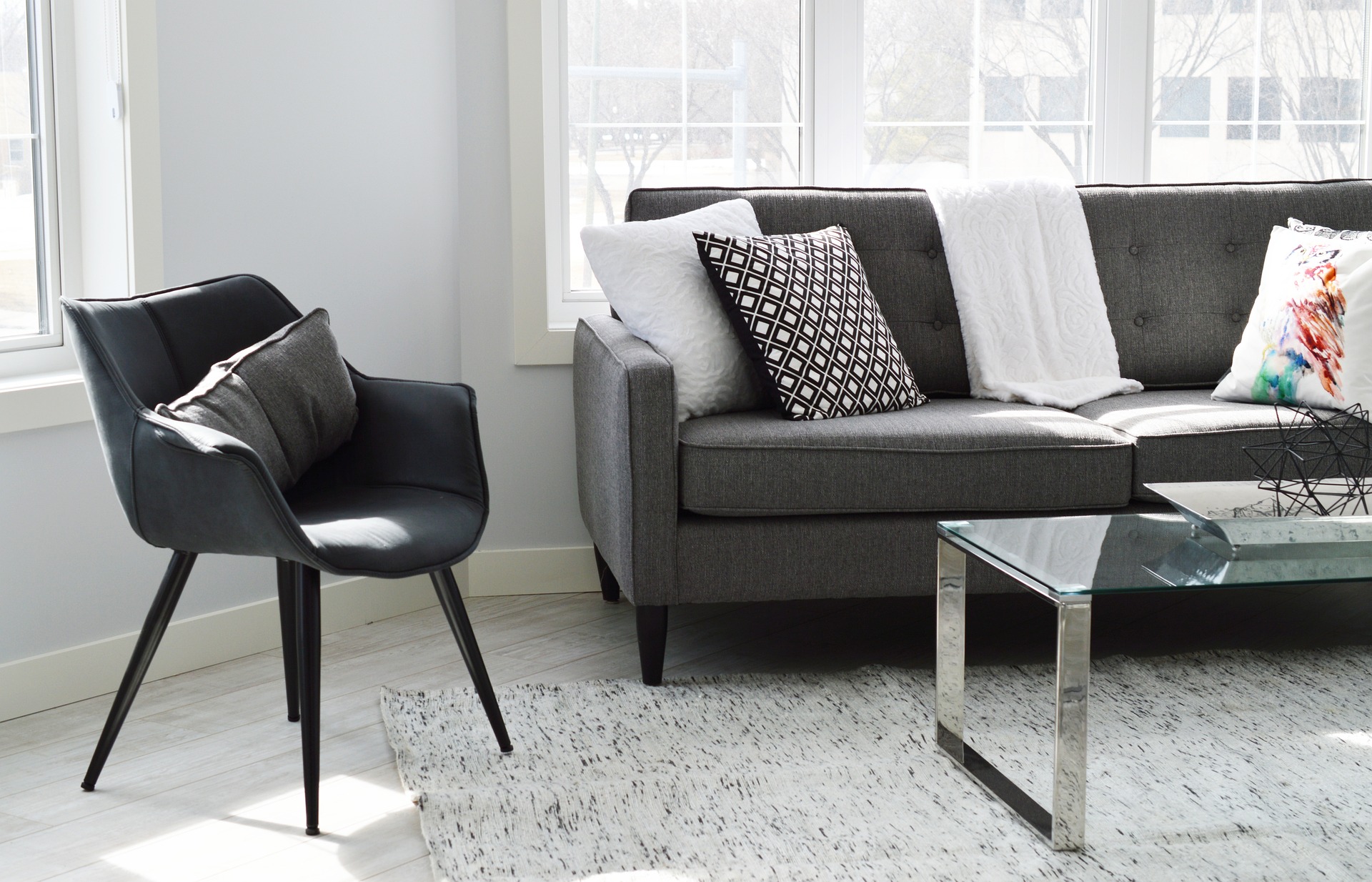
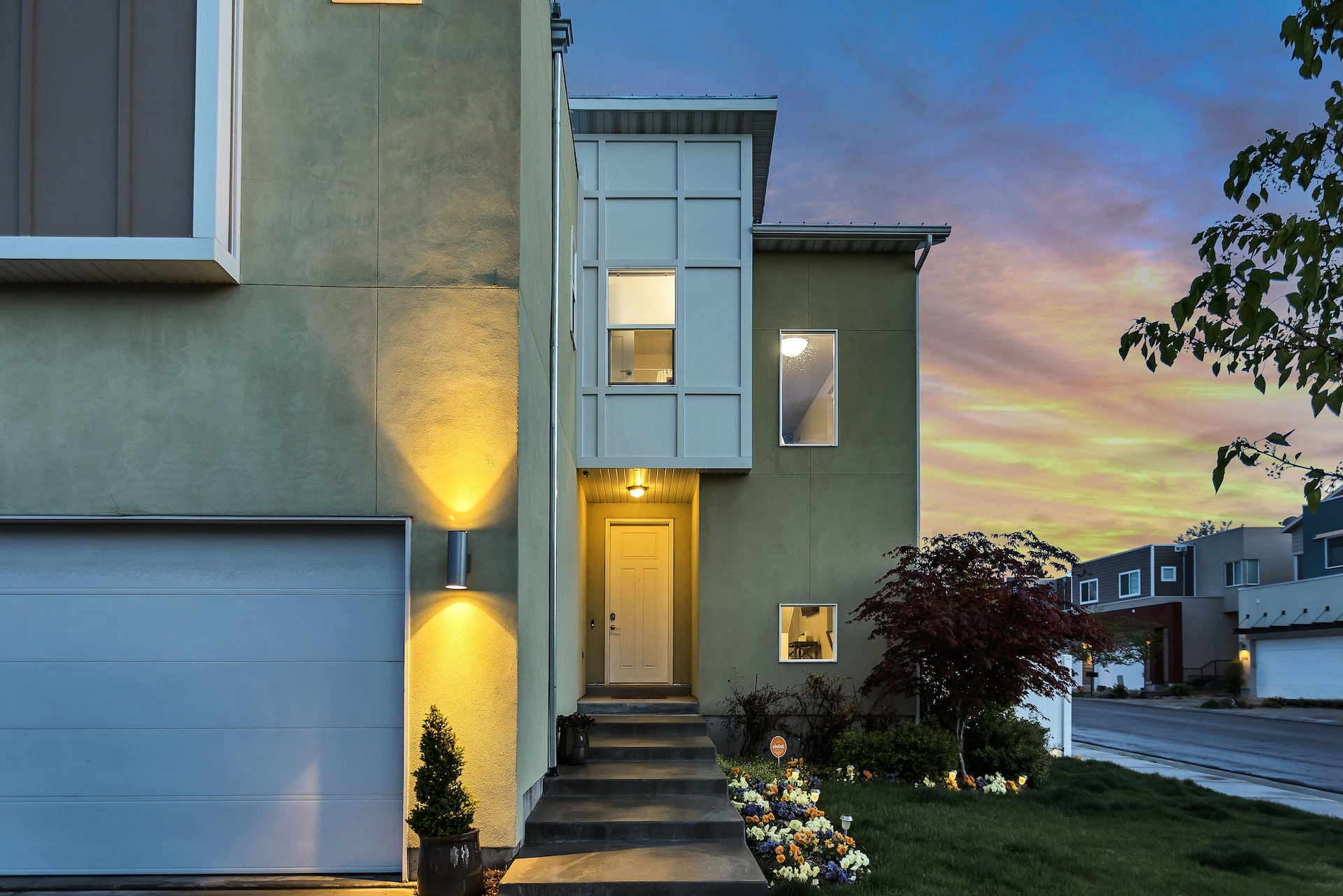
Leave A Comment